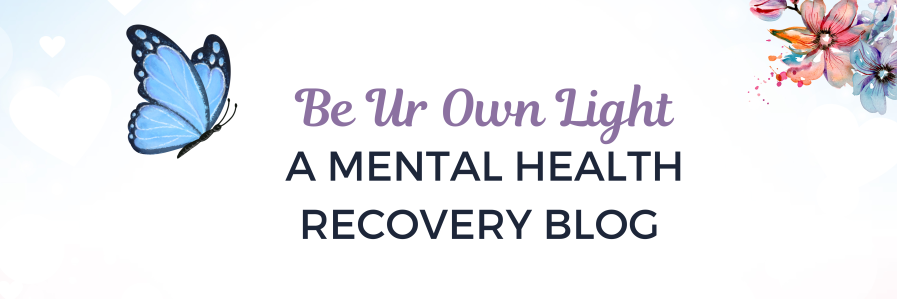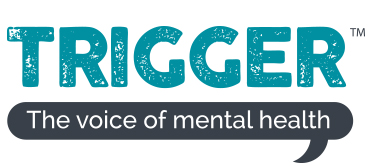
(image: http://www.usatherapydogs.org/)
Can animals help our mental health? Approximately one in four people in England will experience a mental health issue each year (YouGOV). Every mental health issue is individual, and every situation is different; this can be shown in many forms including stress, anxiety and depression. Living with a mental health condition can affect many aspects of our daily life, with many describing it to be a lonely and isolating experience, whilst others withdraw from social interaction.
So, can animals help with mental health? In my experience they certainly can, and the therapeutic power of pets has been well documented. I believe that this is done in a number of ways, from improving mood, to calming down and giving a sense of purpose.
Whether it’s dogs, cats, rabbits or fish – each animal has a way to help and offer great companionship to those experiencing and overcoming mental health.
Mental health benefits associated with pets include:
* Decreased anxiety
* Reduced loneliness
* A known sense of comfort and safety
* A greater improvement of self-esteem and confidence
* Help in depression
At the best of times a pet can be a great source of comfort, companionship and motivation, and in many ways they can help us all to live mentally healthier lives.
Caring for a pet gives our day a purpose and reward, similar to that sense of achievement in say, looking after a child. For example, owning a pet – especially a dog – means you will need to go for walks, which can often lead to conversations with other dog owners along the way, so simply put, it’s helping someone with mental health stay connected and less withdrawn in a social circle. Social anxiety can be a major hurdle to overcome but by having a dog, you have a ready-made conversation, as dog owners like to talk to other owners about their dogs!
Pets can also give owner’s incentive to remain calm – most pets are generally cute or cuddly and have the ‘awww’ factor, however our pets’ mood, at times, can very much reflect our own, so if we feel sad, our pet could be too.
Commanding and teaching our pet brings confidence and reassurance, and in time this will naturally train our own brains to let go of any negative stress. Unlike people, pets won’t judge your illness, so many people find it therapeutic to talk to animals as they listen – remember they are non-judgmental, and who knows they might just understand!
We can take stroking our pet as something we sub-consciously do whilst we watch the TV or read a newspaper, but did you know that stroking a pet can, at the same time, stop our minds drifting into negative thoughts.
Our mind releases feel good endorphins, so can make us feel better and calmer. The simple act of stroking a pet is also well known to lower blood pressure, as well as reducing physical and emotional stress.
Therapy animals also have a valuable role to play; often in a professional setting they provide comfort, support and can help to engage people. Therapy animals are trained to help people with mental health conditions such as depression and provide a calming atmosphere – with a typical therapy session involving the therapist, the animal and their handler.
Therapy pets can include “dogs, cats, rabbits, birds, guinea pigs, rats, miniature pigs, llamas, alpacas, horses, donkeys and mini-horses,” as long as they’re at least a year old and have lived with their owner for six months (Pet Partners).
Personally, I have known people whose anxiety has improved since having a pet. They find it very comforting in having some company which isn’t human, and someone they know who will love them unconditionally. It is re-assuring to know that they have a responsibility for looking after someone else that takes their mind off their own problems, whilst having a positive impact on their own well-being – helping them cope with everyday life.
Finally, it’s important to remember that every pet is different and it’s vital to be aware of the commitments they bring, for example a dog will need good walks at least twice a day and a horse will need to be ridden out. If you are not sure about taking on a pet but want the benefits that are associated with being around animals, then there are many local animal sanctuaries which would value a volunteer.
Animals can be wonderful creatures and really therapeutic for our mental health.
This article was written by animal nursing assistant, health advisor and writer Dawn Prime.







